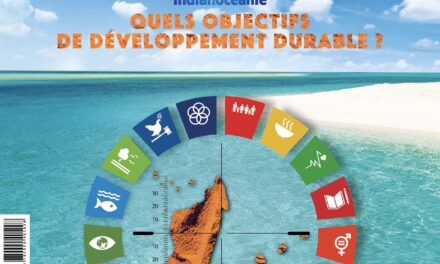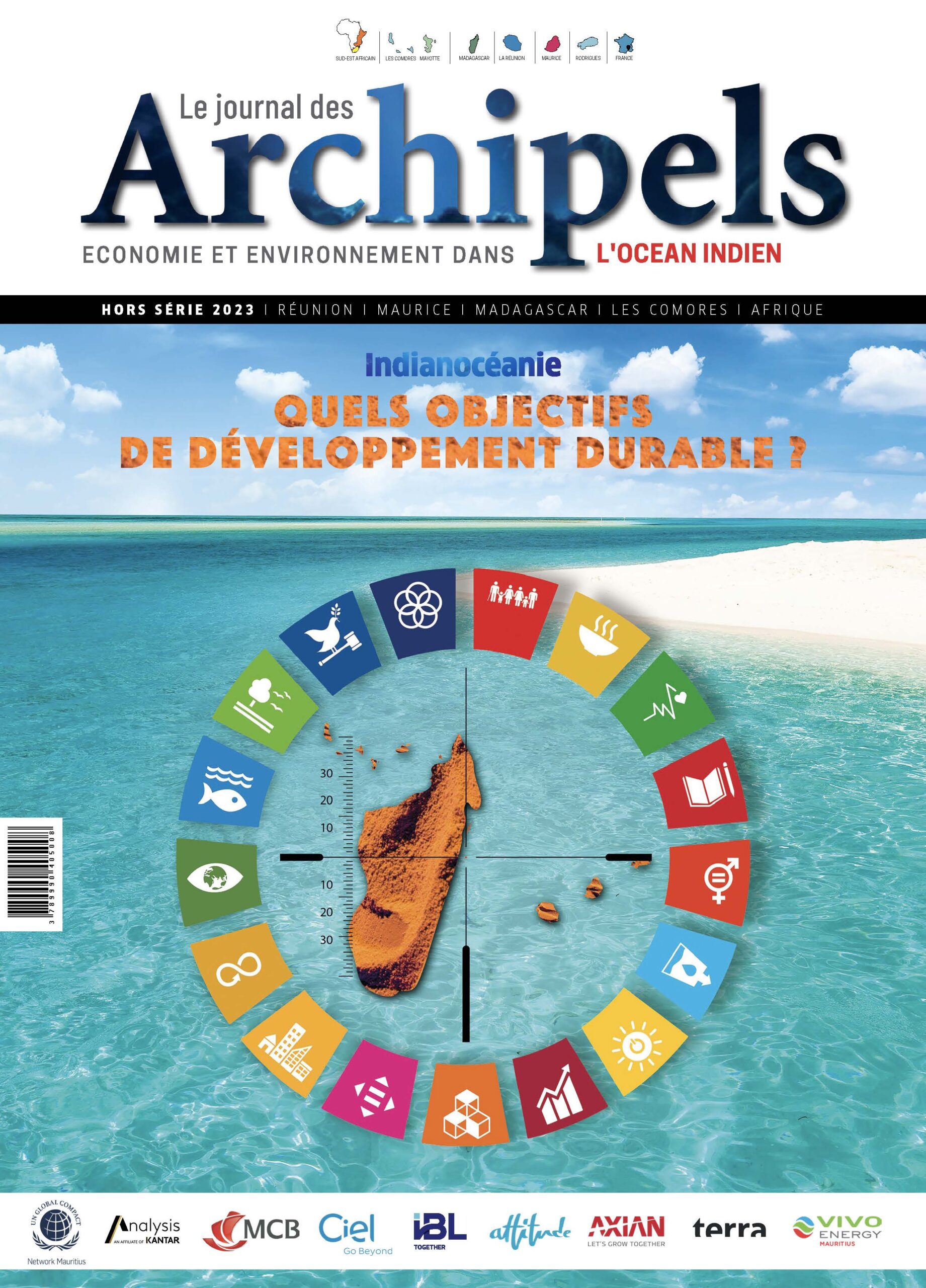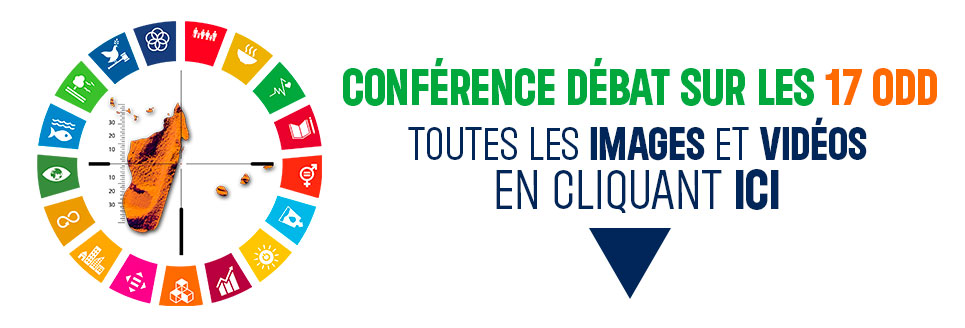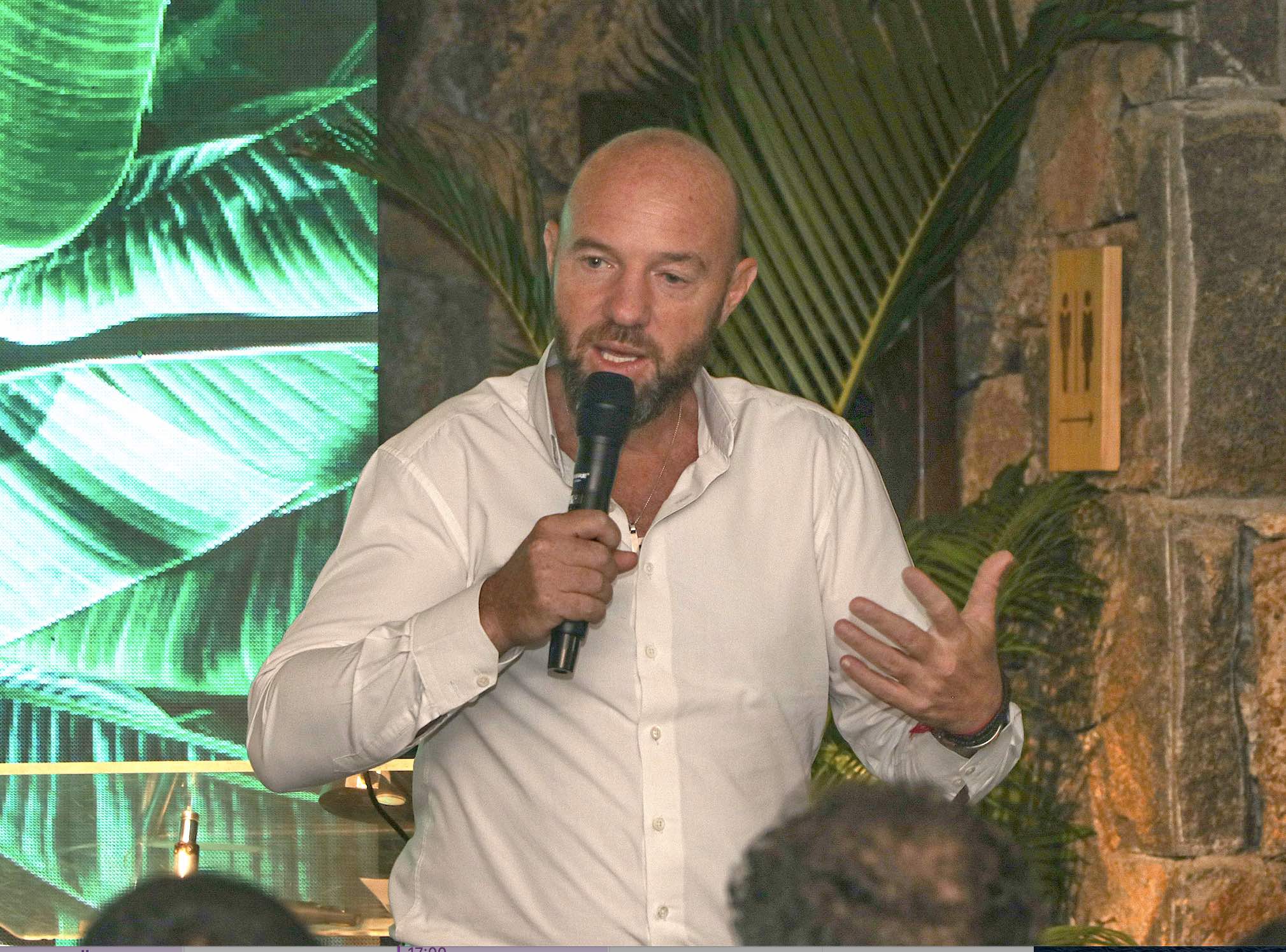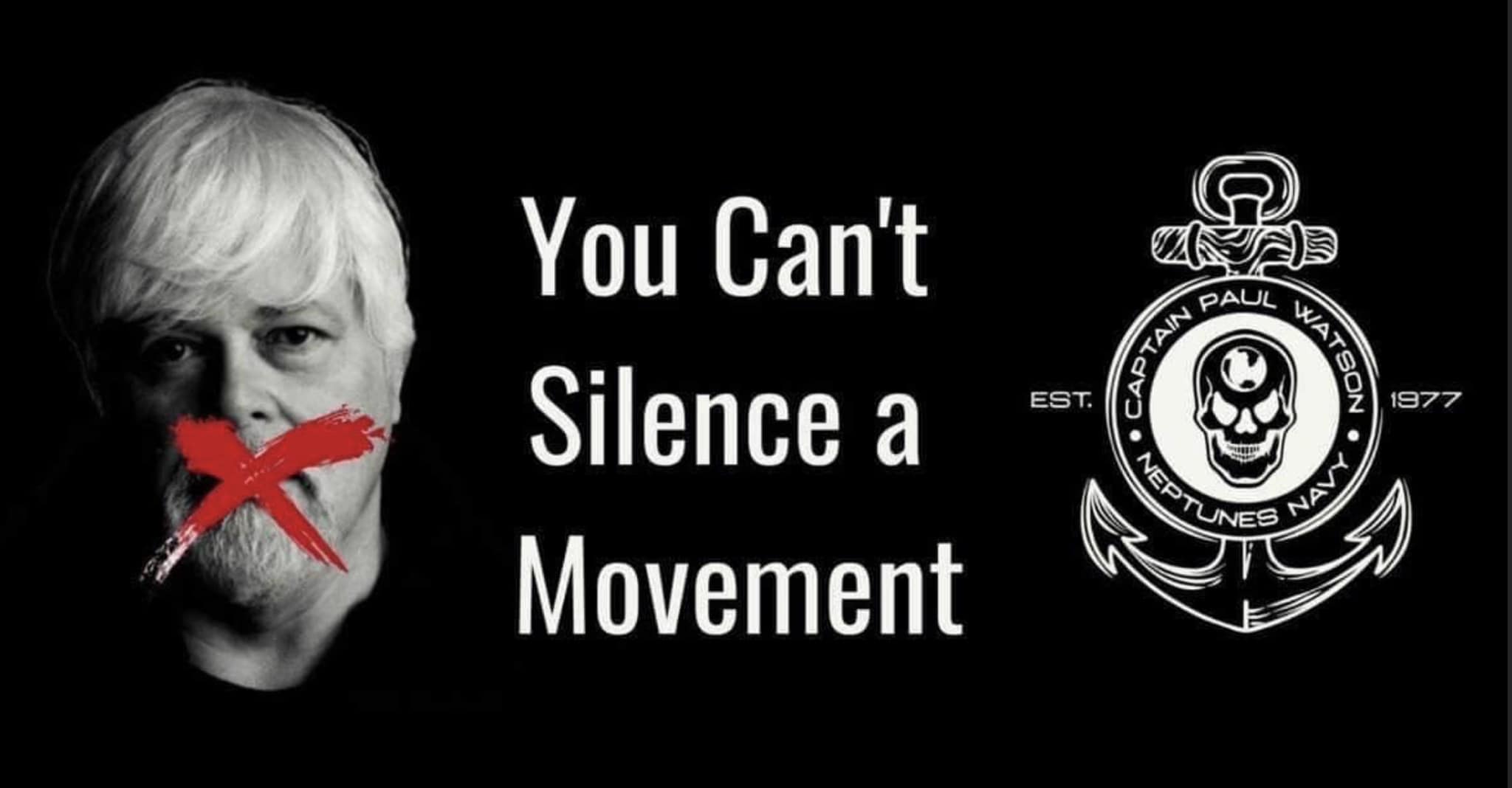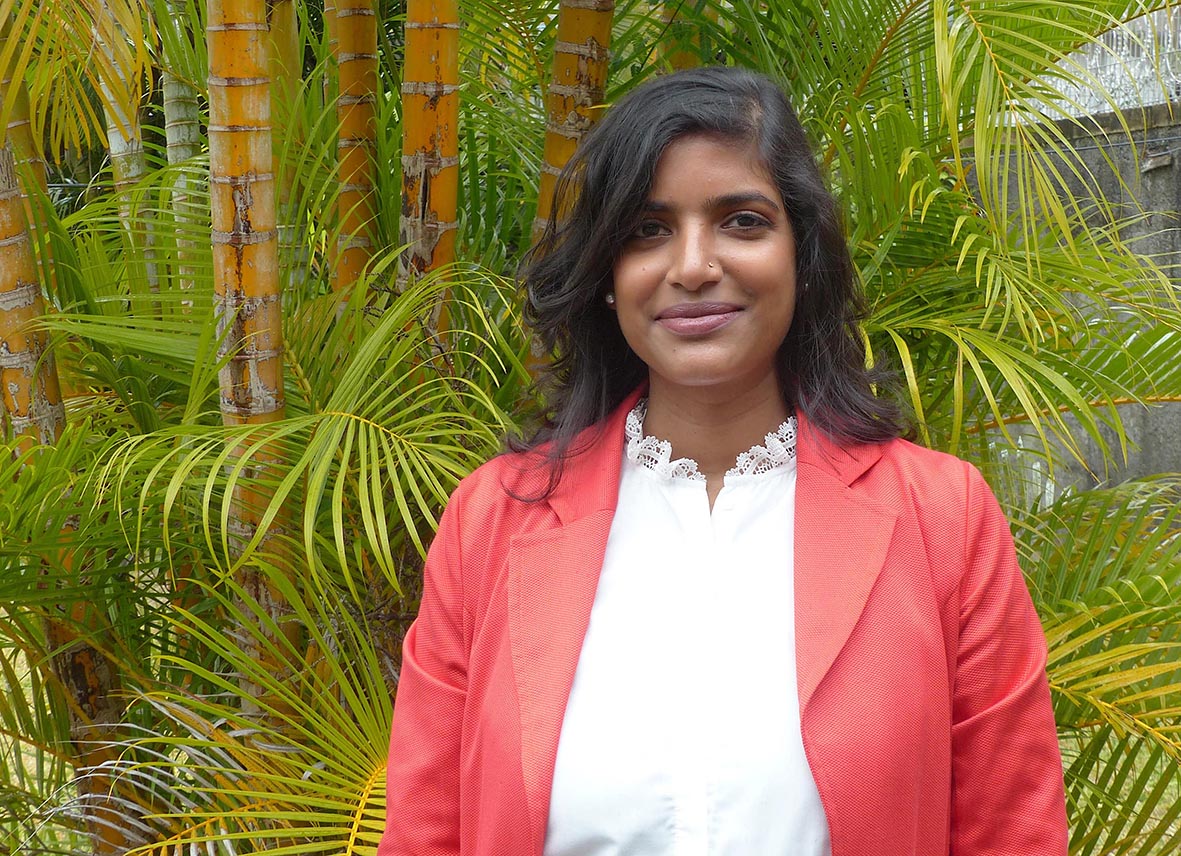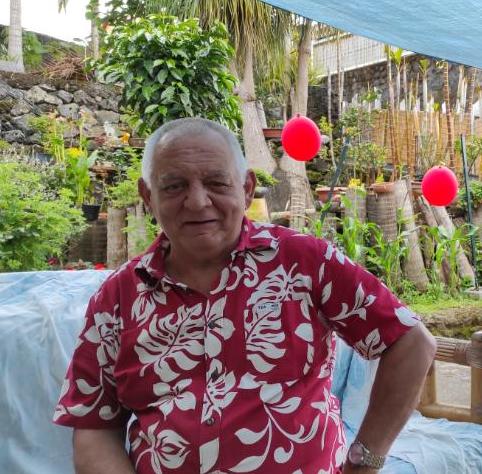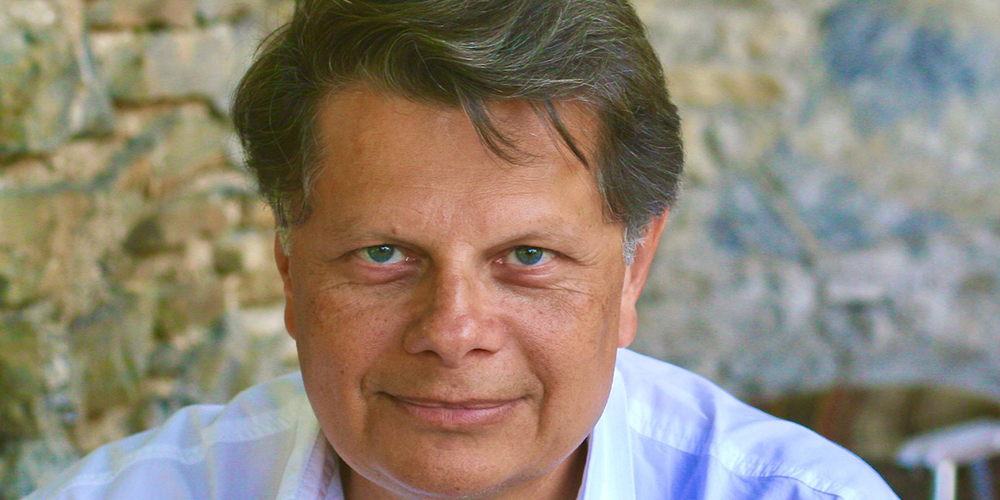Why the Journal des Archipels, this new business magazine for the Indian Ocean?
And why archipelagos when it is more common to talk about “Indian Ocean islands”?
However, by passing a magnifying glass on the regional map, hundreds of islands appear in this Indianoceania as defined by the Indian Ocean Commission.
Archipelagos which, from the islands of Pemba to the islands of Rodrigues, passing through the Comorian archipelago or the Nosy Mitsio, are supposed to gather populations with a common past but with very different presents.
According to the anthropologist Paul Ottino, these peoples, whose origins are “as diverse as all the coasts bordering the Great Indian Ocean”, know little about each other. Despite a common maritime history and intense trade that lasted nearly three centuries before dying out in the mid-twentieth century, the peoples of our islands in the southwestern Indian Ocean no longer know each other.
However, if the value and volume of inter-island trade continues to deteriorate (remaining below 3% of global trade), more and more frequent cultural, sporting or recreational initiatives prove that there is a real need to meet and rediscover these cousins who are so close and so little known.
Also, the emergence of a unifying media, advocating regional identity and promoted by a new interactivity, has its place today.
Ecology and sustainable development, respect for the environment and social development, circular economy? So many trendy expressions that often generate more green washing than real actions linked to the circular economy.
However, in the region, economies of scale linked to the pooling of infrastructures, waste stocks and production of raw materials, as well as the transfer of know-how and the development of processes based on the collective intelligence of the populations, are today the keys to an Indianoceania that will tomorrow be made up of islands that are both interdependent with each other and at the same time autonomous with regard to the major traditional trade flows. In short, the opposite of the current situation!
Jacques Rombi


